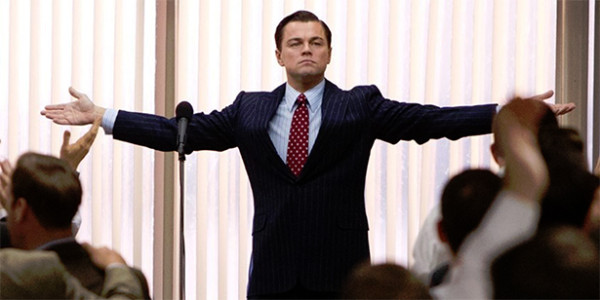Business Movies
Whether you’re interested in entrepreneurship or business ethics, there are business movies for you. The Corporation, American Hustle, Glengarry Glen Ross, and The Social Network are just a few of the options. The Corporation offers the opportunity to learn about how entrepreneurs create a global empire. It also explores motivation and business ethics.
American Hustle
In American Hustle, a sleazy loan shark and forger Irving Rosenfeld dabbles in loan-sharking and forgery. While scheming to make money, Irv falls for Sydney Prosser, a fellow greifter. But, things take a turn for the worst when Irv’s wife becomes jealous and threatens to bring their world to a grinding halt.
In this thrilling thriller, Christian Bale plays a con man named Irving Rosenfeld. He was born in 1931, and his first con was when he was six. In order to make money, he tricked his elementary school teacher out of gold stars. Later, he got into the glass business with his father, and soon started shooting the windows of competing businesses.
American Hustle is based on a true story about a financial huckster. The film is filled with unreliable narration, a flashy 1970s milieu, mobsters, and pop songs. Despite its flaws, “American Hustle” is a highly entertaining crime drama with all of the hallmarks of Scorsese.
The Social Network
The social network is a movie that examines the price of fame and success in today’s society. It has been compared to a 21st century version of Citizen Kane. The movie examines how people became so “connected” and how their lives are being transformed by technology. It captures the spirit of the times, and is especially relevant as Facebook grows in popularity.
The Social Network is directed by David Fincher and written by Aaron Sorkin, and it is based on a book by Ben Mezrich. While it may seem like fiction, the film is actually based on true events. For example, Mark Zuckerberg was a socially inept college student who later became a billionaire.
Glengarry Glen Ross
One of the most famous business movies of the 1990s is Glengarry Glen Ross, based on the Pulitzer Prize-winning play by David Mamet. The film portrays the life of four real estate salesmen who are threatened with the sack by the corporate office after failing to sell a project in two weeks. Despite the movie’s eerie title, the film’s dialogue is full of witty wit and sharp dialogue.
The film was delayed eight years before it was finally released, but the long wait was worth it. The delay was due to financing difficulties and the desire to cast Al Pacino in the movie. However, he was not able to take the role, so the director decided to cast Alec Baldwin instead. In the end, he dominated the film and became the star of the film.
The Corporation
The Corporation is a powerful documentary about the power of large publicly traded corporations and their troubling mandate – to make money for stockholders and themselves. Based on the book by Joel Bakan, the movie has won several awards. It was named Best Documentary at the Sundance Film Festival, and received the People’s Choice Award in Calgary and Vancouver.
The Corporation traces the development of the modern business corporation from its origin as a government-chartered institution to the modern financial institution with all the rights of a person. It looks at the evolution of corporations from governmental entities to private entities, with a special focus on the United States and North America. The documentary also examines the legal classification of corporations as persons, pointing to a landmark case in 1886 that led to the classification of corporations as persons.
Other People’s Money
In “Other People’s Money,” Danny DeVito plays “Larry the Liquidator,” a man who buys businesses with no profit and sells them in pieces for a profit. Similar to Richard Gere’s character in “Pretty Woman,” Larry has a singular vision: businesses that make no money should be liquidated. The film highlights the importance of corporate governance and how much shareholders are willing to pay for a company.
The movie’s central plot involves a corporate takeover. The film’s thematic focus is near the end. Although a story about the takeover of a company is the subject, this satire shows the overlapping stewardships that can plague a company.
